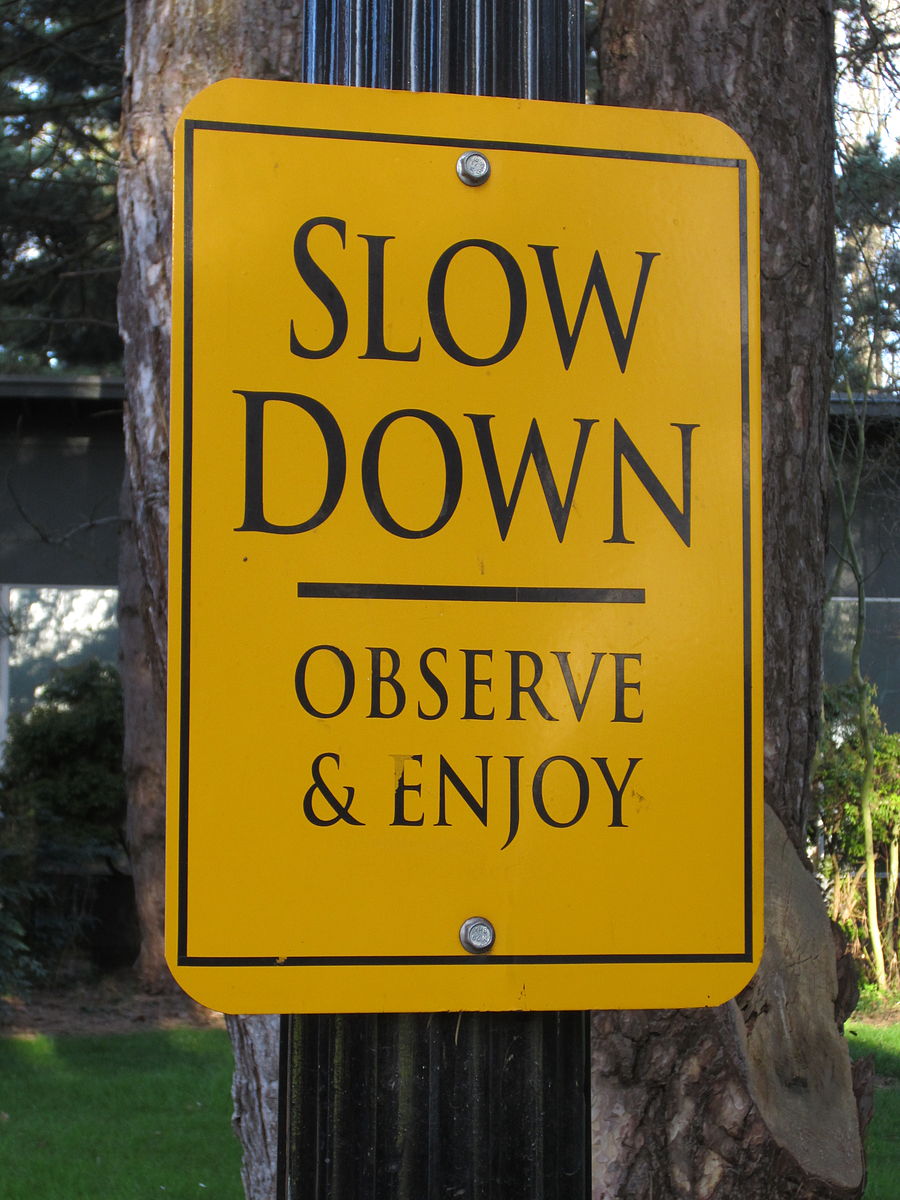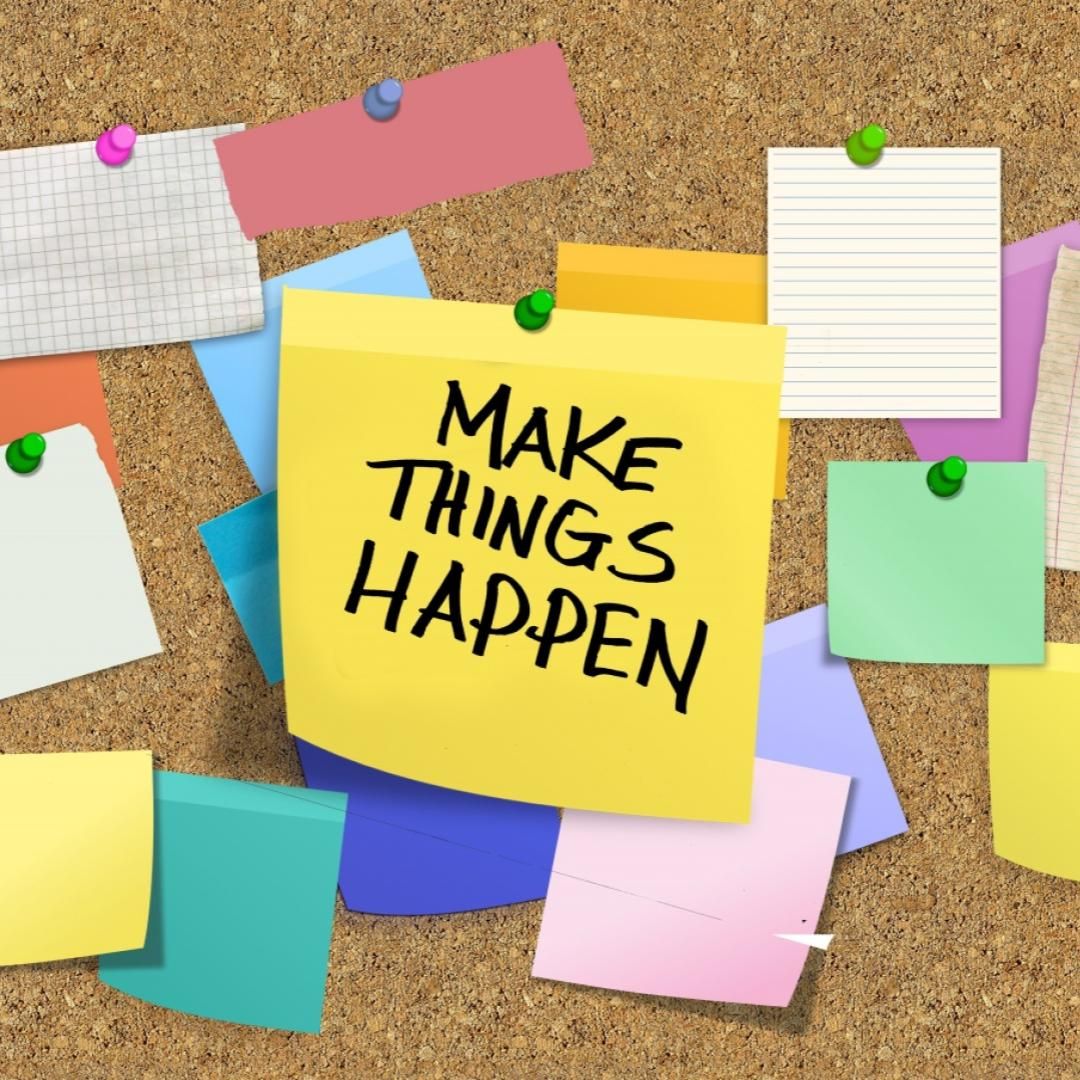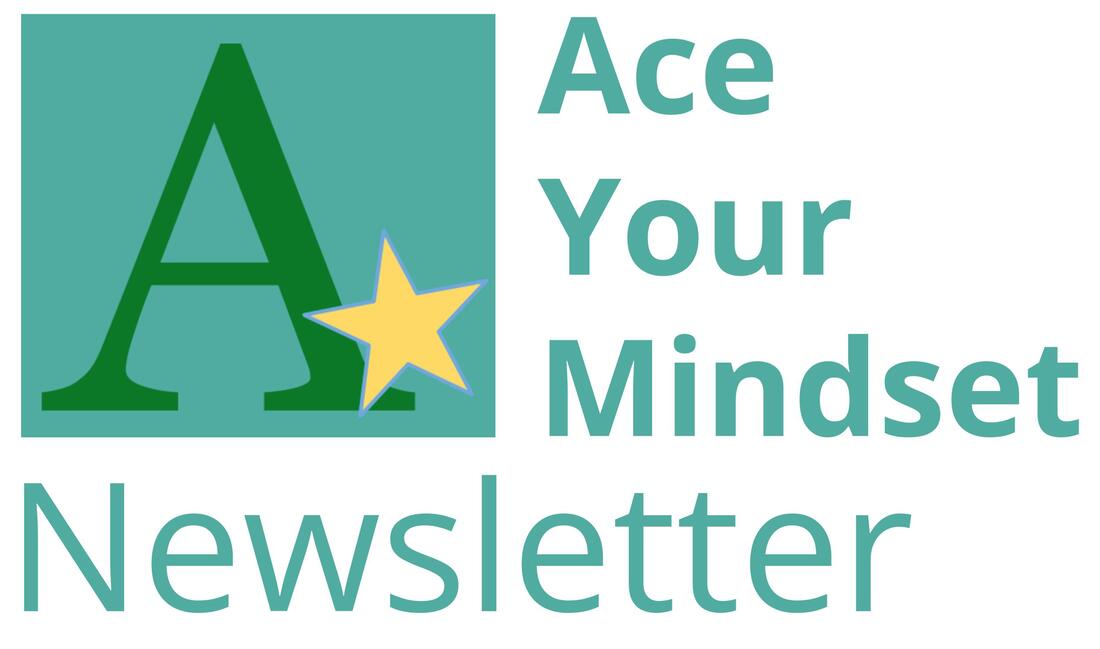Stay Strong Through the Spring
In previous posts, we described how neurodivergent individuals can slow down to make sure they know where they are going and get clarity on their overall direction.
Even when you are busy, it is crucial to set aside regular time, just for you.
Struggling learners don't always know how to do this. You may fill your schedule with external stimulation and social media, instead of keeping in mind what you need to get done.
A recent Psychology Today article shows how turning down the noise helps. It lists ideas for prioritizing focus and concentration, as well as tips to limit distractions from technology.
Students can find ways to sustain traction throughout the term. To study successfully, you can decrease mental clutter, identify your inner directives, and build each day from there.
5 Ways to Slow Down & Maintain Academic Momentum
1. Take on less.
Neurodivergent learners can be people pleasers. We sometimes bite off more than we can chew, only to realize later that we overcommitted. We really mean to follow through when we say yes to helping a friend move, or volunteering for a cause. Yet when the day arrives, we may recall that we already had a pressing deadline.
It's ok to hold off before committing to helping out. Check your calendar, tell people you will think about it. The world revolves without our input!
People who are wired differently need to secure our own oxygen masks before assisting others. This is key for our success in both academic and professional contexts.
2. Take in less.
Rather than helping you chart your own course, using media, message threads, or your inbox as a companion is essentially looking to external cues to shape how you think.
While it may be harmless to consume media in balance, as an occasional break from academic tasks, relying on the web for structure can leave you feeling confused.
The bottom line: Don't let artificial intelligence dictate how you think.
People who are wired differently benefit from less input so they can concentrate. Letting go of overstimulation in service of clarity will help you be deliberate in how you design your day.
Do fewer things better, rather than spreading yourself thin. You can't avoid platforms connected with academic or professional responsibilities, but you can leverage selective life choices, minimize overwhelm, and keep your mental state relatively un-pressured.
3. Do less.
Rather than filling up all your time, try doing nothing with some of it. Get quiet. Figure out what matters to you.
Neurodivergent individuals have a difficult time discerning our own inner directives when faced with external inputs, such as influences from friends, parents, the internet, and the news. This can create a disconnect from our own lived experience, where we second guess our assessment of a situation or dismiss our instincts.
Let yourself dream. Take a walk in nature and let your mind go where it will.
This will help you remember why you are in school, connect with your direction, bolster your confidence, and help you cross the end-of-semester finish line.
4. Take time for things that nourish you.
Learners who are wired differently can find quick ways to recharge. Choose simple study breaks that allow you to focus on the finish line. For example:
- Go on a hike with a friend who inspires you.
- Play your guitar in between writing papers.
- Take a day trip for a quick change of scenery, rather than flying to another city.
- Listen to a podcast about something that fascinates you.
- Visit your local museum or an art gallery.
- Explore a new library or cafe.
- Let your eyes take in colorful produce at a farmers market. Inhale the aroma of fresh flowers, enjoy live music, and watch people.
5. Prioritize things that will make your semester a success.
To cross the academic finish line with a feeling of accomplishment, structure a balanced approach to downtime, wellness, and effective study habits. Ask yourself:
- Do you need to arrange meetings with tutors, study groups, teachers, or professors?
- Do you have physical health, mental health, or medical needs to take care of?
- Do you know the things that will support a balance between your body, mind and spirit?
What will it take for you to feel truly satisfied at the end of your semester?
Jot down your ideas in a notebook, brainstorm with a friend or mentor, or create small milestones that support your larger academic goals.
Academic success can feel complicated! Neurodivergent learners can take steps to simplify, prioritize supportive resources, and finish their high school or college semester strong.
Looking for support in maintaining momentum so you can move forward on your goals? Schedule a complimentary information session.
Subscribe and get notified of future tips.
As an executive function coach and academic tutor, I specialize in helping individuals with learning differences exceed their goals for academics, organization, and college transition.







